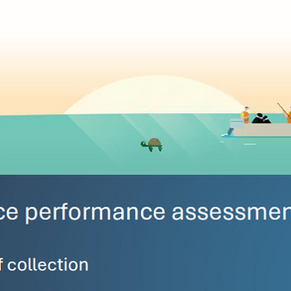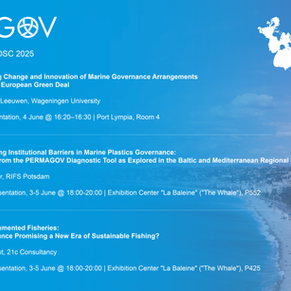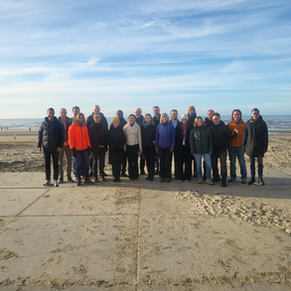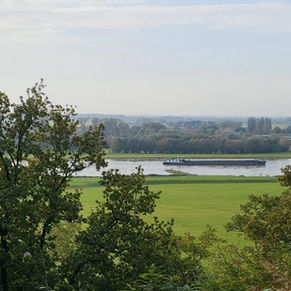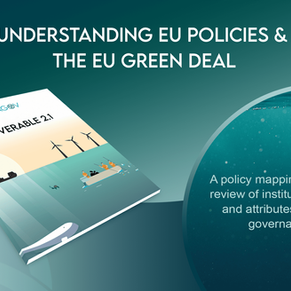
Marine Plastic
The marine environment has seen a huge increase in plastic pollution over the last decades. Estimates are that 50% of macro-plastic currently in the European oceans are fishing nets and gear. Moreover, globally 80% of marine plastic pollution sources originates from land. Reducing marine plastic pollution can only be achieved effectively by reducing production, use and littering of plastic globally. Global awareness of this issue has led to a suite of initiatives and research into the level and effects of plastic pollution on marine and human life as well as ways to prevent it. The need to reduce marine litter has been on the political agenda of the regional seas and the EU for quite some time. Both the Regional Sea Conventions (e.g. the Barcelona Convention and HELCOM) and the Marine Strategy Framework Directive focus on reducing marine litter. In addition, the European Green Deal has the ambition to move to zero pollution for air, water and soil and achieving a circular economy. For plastics the target is to improve water quality by reducing waste and plastic litter at sea by 50% and microplastics by 30%.
Case Studies

Marine Litter in the Baltic Sea
Marine Litter in the Mediterranean Sea


research updates


PERMAGOV has received funding from the European Union's Horizon Europe research and innovation programme HORIZON-CL6-2022-GOVERNANCE-01-03 under grant agreement No 101086297, and by UK Research and Innovation under the UK government’s Horizon Europe funding guarantee grant numbers 10045993, 10062097, 101086297.





